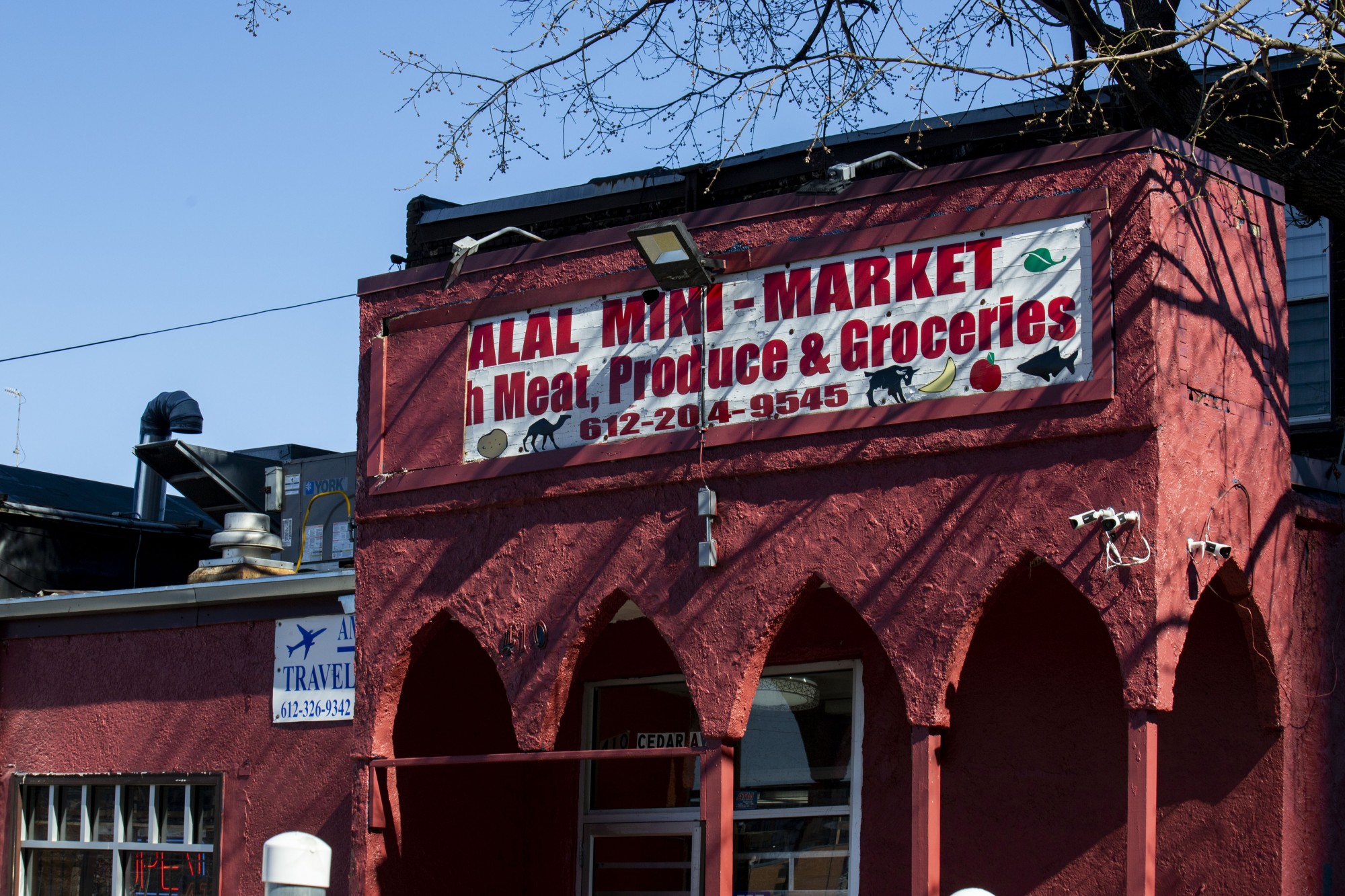As local retailers feel the strain of the coronavirus pandemic, state officials are working to curtail “pandemic profiteering” following reports of unfair prices on essential goods.
Gov. Tim Walz issued an executive order March 20 prohibiting price gouging on certain items during the peacetime emergency. As Minnesota Attorney General Keith Ellison’s office enforces the order, grocery stores of all sizes are striving to bolster their supply to meet the increased demand.
The order defines price gouging, or “unconscionably excessive” pricing, as 20% greater than the price of essential goods 30 days before the governor declared a peacetime emergency March 13. Essential goods refer to food, housing, medical supplies, health care goods and services, and cleaning and sanitation products, among others.
Minnesota is one of 14 states that does not have a state law prohibiting price gouging. The order, which will remain in effect until the peacetime emergency is over, is being enforced in place of state legislation that would need to be passed at the Capitol.
Robert Kudrle, a professor in the Humphrey School of Public Affairs, said price gouging occurs during emergencies or times of crisis simply “because people are opportunistic.” But larger retailers often avoid the practice to protect their image, he said.
“Because it’s such bad publicity for large firms, most firms don’t do it anyway,” Kudrle said. “You usually find only certain special small stores or entrepreneurs of some kind who buy something up, get a big inventory and then try to sell it for a higher price.”
As demand for certain items increases, businesses must either keep prices down and run out of their supply or allow prices to increase. But Kudrle said an alternative retailers have been using to solve that problem is placing per-customer limits on in-demand items.
Target in Dinkytown is one of the only grocery stores for many students living on-campus and in neighborhoods around the University. The store has placed per-customer limits on certain items like hand sanitizer and toilet paper and reduced hours to allow for their shelves to be replenished.
Halal Mini Market, a small grocery store in Cedar-Riverside, has had a harder time meeting increased demand. Item limits at wholesalers like Costco and Sam’s Club have made it more challenging to restock their shelves, said store owner Hassan Elmi.
“[Customers] watch TV and they’re afraid there’s going to be scarcity — they buy a lot and they want to keep it at home,” Elmi said. “It’s tough, we try to limit it but it’s … very difficult.”
Elmi said despite challenges caused by shortages, prices on all items in the store have remained unchanged.
In the first week since the executive order was issued, Ellison reported receiving almost 500 complaints statewide, which his office is investigating by sending “secret shoppers” to survey prices. Several retailers have received warnings from Ellison’s office, including a smoke shop in St. Paul and home improvement chain Menards.
“Most retailers are doing the right thing by Minnesotans, and I thank them for it. Some may think they’re trying to help and may not know they’re engaging in pandemic profiteering,” Ellison said in a release last week. “But not knowing doesn’t make it okay, and we will still enforce the price gouging ban.”













